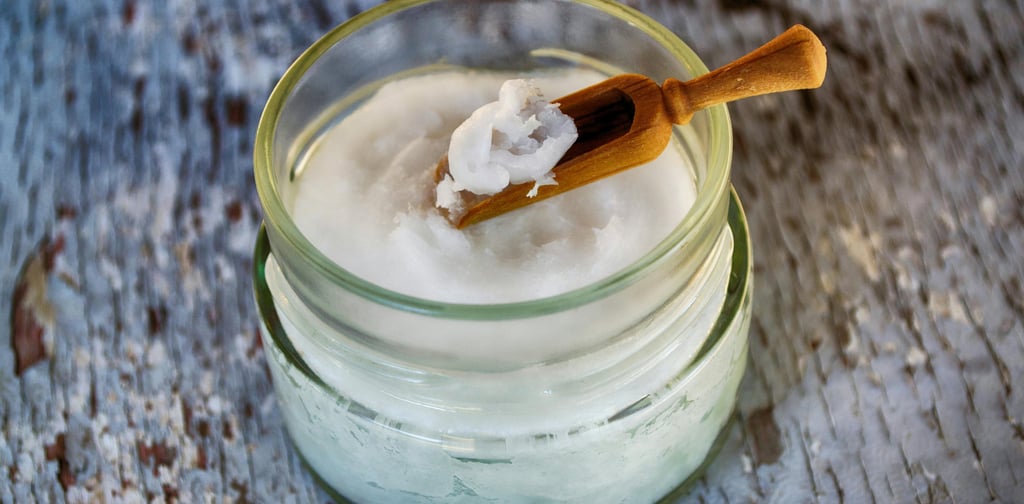The Ancient and Modern Benefits of Oil Pulling
Oil pulling is an ancient Ayurvedic practice that involves swishing oil (like coconut or sesame) in the mouth for 10–20 minutes to support oral health. Studies show it can reduce harmful bacteria, plaque, and bad breath, while also promoting healthier gums and naturally brighter teeth.
DAILY WELLNESS PRACTICES
Nourish Daily Wellness
9/4/20252 min read


Introduction
Oil pulling is an ancient Ayurvedic practice that has gained popularity as a natural method for improving oral hygiene and overall wellness. It involves swishing oil in your mouth for 10–20 minutes before spitting it out. While it dates back thousands of years, modern science is beginning to validate some of its benefits.
A Brief History of Oil Pulling
Originates from Ayurveda, one of the world’s oldest holistic health systems, practiced in India for over 3,000 years.
Traditionally done with sesame oil, though coconut oil is now widely used because of its antimicrobial properties.
Ayurveda considered it a daily detoxifying ritual to maintain balance in the body.
Evidence-Based Benefits of Oil Pulling
Reduces Harmful Bacteria
Research shows oil pulling decreases bacteria like Streptococcus mutans, which are linked to tooth decay and cavities.
Improves Oral Hygiene
Regular oil pulling can reduce plaque buildup and improve gum health.
Reduces Gingivitis
Studies indicate oil pulling lowers inflammation of the gums and decreases bleeding.
Fights Bad Breath (Halitosis)
Helps remove odor-causing bacteria and improves breath freshness.
Whitens Teeth Naturally
Many people report brighter, cleaner-looking teeth over time due to the removal of stains and toxins.
Moisturizes Dry Mouth and Throat
The oil provides lubrication, which can help reduce dryness and soothe irritation.
Reduces Tooth Sensitivity (Anecdotal)
Some individuals find that consistent oil pulling decreases sensitivity, especially with coconut oil.
Supports Healthy Sinuses (Anecdotal)
Because bacteria from the mouth can travel to the sinuses, some practitioners believe oil pulling reduces sinus congestion and infections.
Traditional Ayurvedic Benefits (Less Studied by Modern Science)
In Ayurveda, oil pulling is believed to:
Detoxify the body by pulling toxins (known as “ama”) from the mouth and bloodstream.
Boost energy levels by reducing the body’s “toxic load.”
Promote clearer skin, since oral bacteria and toxins are thought to contribute to acne and other skin issues.
Improve digestion by removing bacteria that may disrupt gut balance.
Balance the doshas (Vata, Pitta, Kapha), supporting overall harmony in the body.
How to Practice Oil Pulling
Place 1 tablespoon of oil (coconut, sesame, or sunflower) in your mouth.
Swish gently around your teeth and gums for 10–20 minutes.
Don’t swallow the oil — it collects bacteria and toxins.
Spit into a trash can (not the sink, to avoid clogged pipes).
Rinse your mouth thoroughly with warm water.
Brush and floss as normal.
⚠️ Important Notes
Oil pulling is not a replacement for brushing and flossing. It’s best used as a complementary practice.
People with coconut or sesame allergies should avoid those oils and choose sunflower oil instead.
More long-term studies are needed to confirm the full scope of systemic benefits.
✨ Key Takeaway
Oil pulling is a simple, inexpensive practice with clear oral health benefits — from reducing plaque and gingivitis to fighting bad breath and whitening teeth. Rooted in Ayurvedic tradition, it also carries holistic claims of detoxification and improved overall health. Whether you adopt it for science-backed reasons or as a mindful ritual, oil pulling can be a powerful addition to your daily wellness routine.